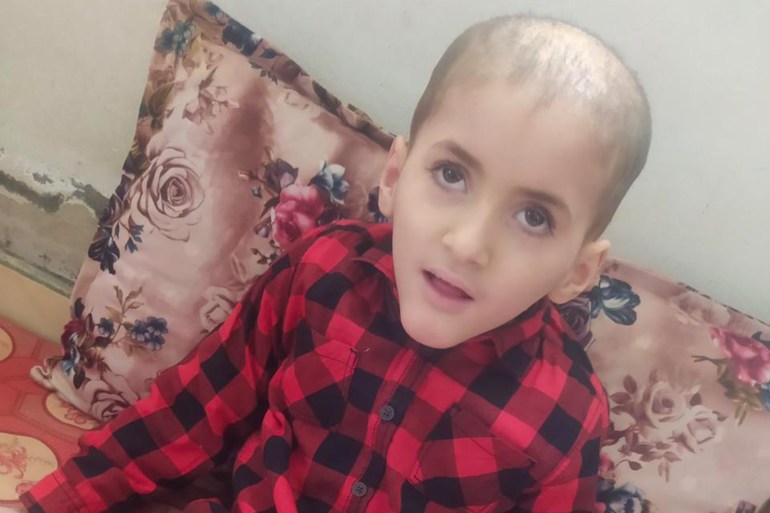ARTICLE AD
As ceasefire talks continue, Palestinians are angry at the international community, which they feel has let them down.
Gaza City – After six months of war in the Gaza Strip, anger rages over the international response that has allowed it to continue as Palestinians grapple with the danger of Israeli bombs, starvation and the psychological scars of both.
Hope remains, no matter how small, that a ceasefire will happen, but the anger is stronger.
Alia Kassab, 22, says she has an unshakeable belief that the international community will continue to fail the people of Gaza again and again, as it has for six months.
The United States, Germany and many of the West’s self-styled champions of human rights have maintained their support of Israel despite growing evidence it has committed widespread war crimes.
Since October, the US has vetoed three resolutions in the United Nations Security Council that called for a ceasefire before abstaining last month and allowing one to go through. Germany has continued to supply weapons to Israel while the United Kingdom, France and others do the same.
Hope and despair in one
Any rumours coming from Cairo, where negotiators are mediating between Hamas and Israel, can ignite hope in a population yearning for rest and a moment of relative safety.
Ahmed Abu Shahla, a retired secondary school mathematics teacher, craves a break from the fighting.
“We are physically, emotionally and mentally exhausted to the point that we have forgotten what life was like before,” the 64-year-old resident of Gaza City says.
Basheer al-Farran has stopped caring. He lost his wife and three children in the early days of the war, and a ceasefire will not bring his past life back. “It doesn’t matter anymore,” he says, adding that a ceasefire only means more years living with the misery of the destruction inflicted on Gaza.
The 34-year-old banker, now living in a tent, says he would still be grateful for the opportunity to grieve in peace.
“I think politicians and governments worldwide, including the UN, are just trying to camouflage their complicity in the atrocities,” al-Farran says.
“Even the US, the UK, … purported champions of human rights, are responsible for the bloodshed because they did not stop this conflict.”
All sorts of weapons, including starvation
Even as the talks in Cairo continue, Israeli bombardments of Gaza go on as well as its blockage of aid, putting Gaza’s most vulnerable at even more risk.
 Yazan el-Kafarna is one of the children who starved to death in Gaza [Courtesy of the el-Kafarna family] (Restricted Use)
Yazan el-Kafarna is one of the children who starved to death in Gaza [Courtesy of the el-Kafarna family] (Restricted Use)
“Months ago, medical institutions warned that Gaza would face catastrophic consequences if the blockade persisted and the war continued,” Abed Abu Kenzi, a physician at al-Shifa Hospital, says.
“But unfortunately, all we got was lip service from the international community,” he adds.
Twenty-seven people, 23 of them children, have starved to death and many families in Gaza know malnutrition all too well now.
Food, fuel and medical supplies are impossible to find or access.
“Children are … dying due to severe malnutrition,” Kenzi says.
“Additionally, respiratory problems and infection-induced kidney failure are widespread among young adults. … We’re past the stage of damage control. We’re now counting the casualties … alongside a severe collapse of the medical system.”
Talk of betrayal and of how the West looked on while people died is everywhere.
“I don’t know what it takes for the world outside to see us as humans,” 19-year-old Soad Safi said. “Humans whose dreams deserve a chance to be fulfilled. If after five months of suffering and death it’s not time to end this madness, I wonder when is?”
“I’m overwhelmed by loss, but I’ll figure it out, even better than before. … I always did,” Safi says, adding that she plans to continue her education after the war.
“They can hurt us. They can damage. But they can’t destroy us.”

 8 months ago
52
8 months ago
52 
